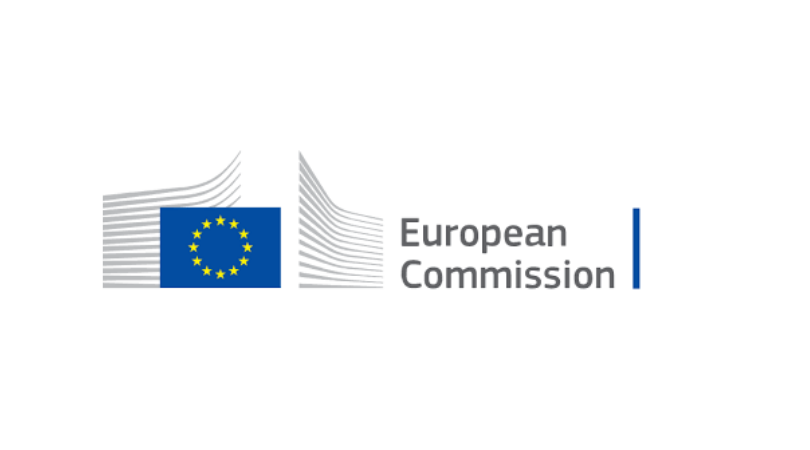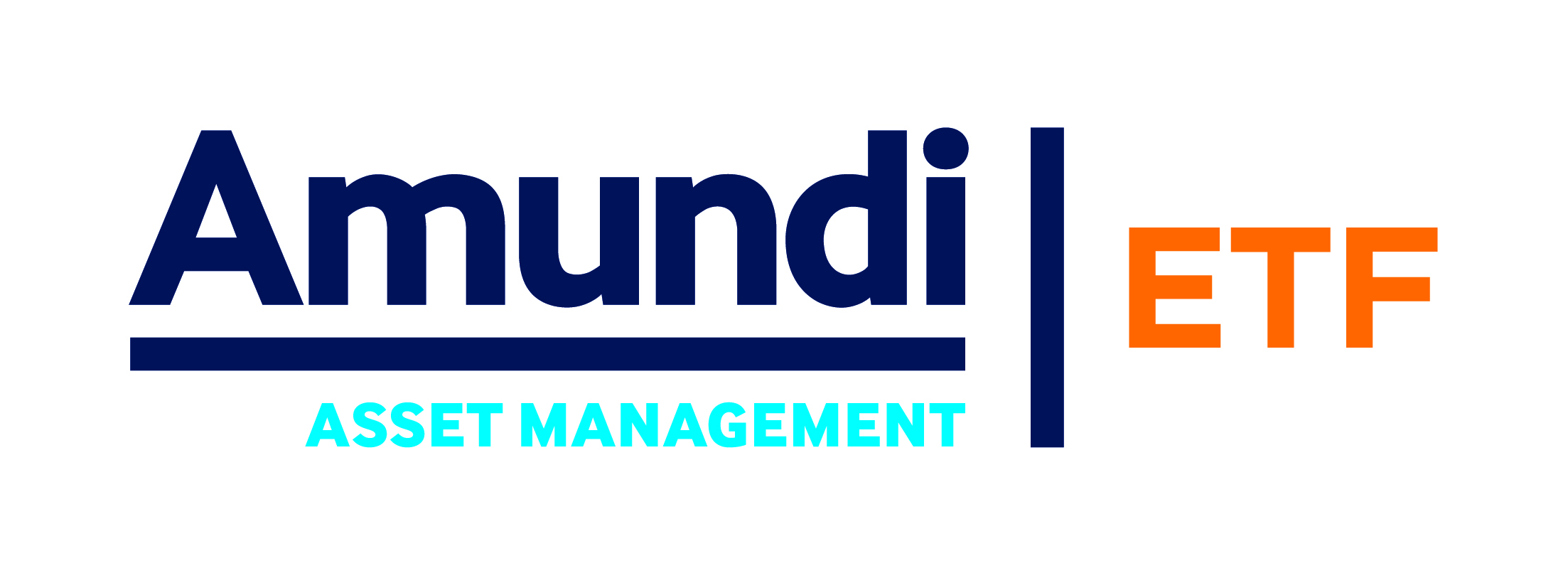There are no silver bullets for growing the European ETF market, however, a full ban on inducements is essential if the industry wants to mirror the success of the US.
This week, it was revealed the European Commission is set to row back on proposals for a blanket ban on the retrocession fee model which is in place across many countries in Europe.
The draft rules, seen by Reuters, propose a ban on inducements on advice-free sales of products instead of the full ban initially earmarked by the European Commission.
Retrocession fees – a practice where financial advisers receive a commission from a third party for investing in their product – are widely perceived to push investors towards more expensive, and often unsuitable, products and away from cheaper strategies such as ETFs.
Last year, the European Commission argued a full ban on kickbacks for financial advisers would ensure retail investors receive 'value-for-money'.
Mairead McGuiness, European Commissioner for financial services, financial stability and the Capital Markets Union, followed this up in January by warning retail investors are too often advised to buy unsuitable investment products when inducements are involved.
“Inducements can lead to conflicts of interest that can have a negative effect on the quality of investment advice,” McGuiness said. “Low-cost products, like exchange-traded funds, are hardly ever recommended.”
However, during a speech in Stockholm last month, McGuiness said the European Commission will only look to ban retrocession fees for “execution-only” transactions “where there is no advice relationship at all with a client”.
The row back from the European Commission comes amid strong opposition from EU states such as Germany and Austria despite the practice being outlawed in the UK and the Netherlands.
Furthermore, asset managers are also arguing a blanket ban could lead to an advice gap due to restricted access, especially in countries with strong banking networks.
In February, Amundi CEO Valerie Baudson came out against a ban on retrocession fees despite acknowledging the fact it would be a boon for ETFs.
Meanwhile, BlackRock has also signalled its luke-warm stance on the issue.
A BlackRock spokesperson told ETF Stream: “BlackRock does not advocate for or against a ban on inducements and we do not actively engage on the topic.”
The statement comes despite the world’s largest asset manager meeting with European Commission officials alongside other asset managers last October, according to the EU Transparency Register.
“If a ban were to occur, the industry would need years to build the infrastructure and investor education to avoid any counterproductive effect such as retail clients not investing at all,” a person familiar with BlackRock’s stance told Ignites Europe.
While it is important to understand the nuances of each region, the practice of inducements means retail investors do not receive ‘value for money’ from their financial advisers.
The ban is essential to ensuring ETFs operate on a level regulatory playing field against a mutual fund industry that is currently digging its heels in. However, this is not just an ETF issue – it is about delivering the best outcome for retail investors which continue to be allocated towards expensive and underperforming funds.





